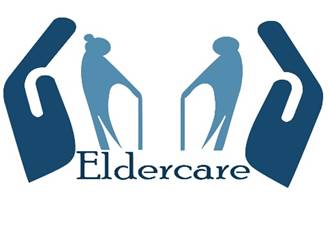Prioritizing Elder Care: A Call for Compassion and Responsibility
As populations age globally, the importance of elder care has become a pressing societal concern. Elder care encompasses physical, emotional, and social support for senior citizens, ensuring they live with dignity, safety, and respect.
Health and Medical Needs:
Older adults often face chronic health conditions, mobility issues, and cognitive impairments. Comprehensive elder care includes regular health monitoring, access to medical professionals, and support for mental wellness.
Emotional and Social Support:
Isolation and loneliness are common among the elderly, especially those living alone or in care facilities. Social interaction, companionship, and community programs play a vital role in preserving mental health and overall well-being.
Legal and Financial Planning:
Elder care involves navigating issues such as estate planning, powers of attorney, and access to government benefits. Legal guardianship and protection from elder abuse and financial exploitation are critical components of a safe elder care system.
In-Home vs. Institutional Care:
While many families prefer in-home care for its familiarity and comfort, others rely on assisted living or nursing homes. The choice depends on the level of care required, financial capacity, and family availability.
Respecting Dignity and Autonomy:
Quality elder care goes beyond physical needs. It requires respecting the choices, preferences, and independence of elderly individuals, involving them in decisions about their own care and lifestyle.
Conclusion:
Elder care is not just a family responsibility—it’s a societal obligation. Investing in elder-friendly policies, training caregivers, and raising awareness about aging-related issues is key to building a compassionate future.




